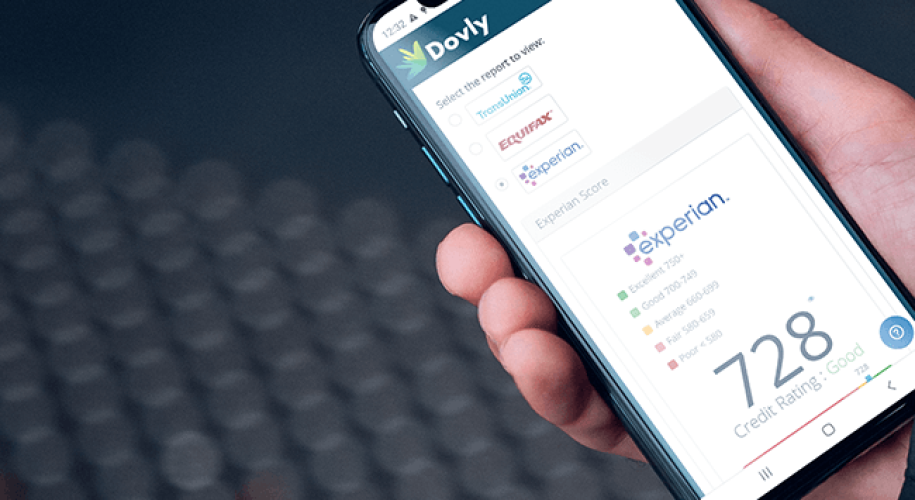Identity theft and identity fraud can wreak havoc with your finances. One way to prevent others from using your personal information to open fraudulent accounts in your name is to freeze your credit. This is a step you can take to protect yourself if you don’t plan to apply for a new loan or credit card in the near future. A credit freeze, also called a security freeze, allows you to take control of your credit report. Potential creditors are unable to access your credit report when you have a freeze in place unless you have it unfrozen, and no new accounts can be opened in your name.
Pros of Freezing Your Credit
If you’ve already been a victim of identity theft or if you’ve been notified that your personal information was in a data breach, it’s a good idea to freeze your credit. Even if you haven’t been victimized, keep in mind that you’re increasingly vulnerable to identity theft and fraud in today’s world, where so much personal information is on the cloud. Pros of freezing your credit include:
- Peace of mind knowing that you’ve taken charge of your own credit.
- You won’t impulsively apply for a new credit card.
- Since a freeze prevents the opening of new accounts, it saves you the time and stress of disputing fraudulent accounts that appear on your credit report.
Cons of Freezing Your Credit
There are a few cons to freezing your credit. These include:
- You need to contact all three credit bureaus separately, both to place the security freeze and to have it removed.
- You’ll need to keep track of personal identification numbers to lift a freeze.
- It doesn’t prevent thieves from committing fraud against existing accounts.
- When you decide to apply for new credit, having to have your credit unfrozen may slow things down if you forget to unfreeze it ahead of time.
Freezing Your Credit
To freeze or unfreeze your credit, you’ll have to contact each of the three credit bureaus. The three main credit bureaus are TransUnion, Experian, and Equifax.Freezing your credit is free, and it won’t affect your credit score. Once you’ve placed a freeze on your credit, if you decide to buy a car or a new home, apply for a credit card or rent an apartment, you’ll need to lift the freeze. If you request lifting a freeze by mail, the credit bureau has three business days to lift it once they have received the request. If you place the request by phone or online, the freeze must be lifted within one hour.
Be Proactive About Protecting Your Credit
Freezing your credit is one action you can take to try to be proactive about protecting your credit. Dovly’s credit monitoring service is another method of taking charge of your credit. With this service, we can alert you of the opening of new accounts in your name or any other changes to your credit report. Whether you need credit repair or have concerns about fraud, Dovly can help you take the steps you need to get ahead financially. Get in touch with us today and find out how we can help.



